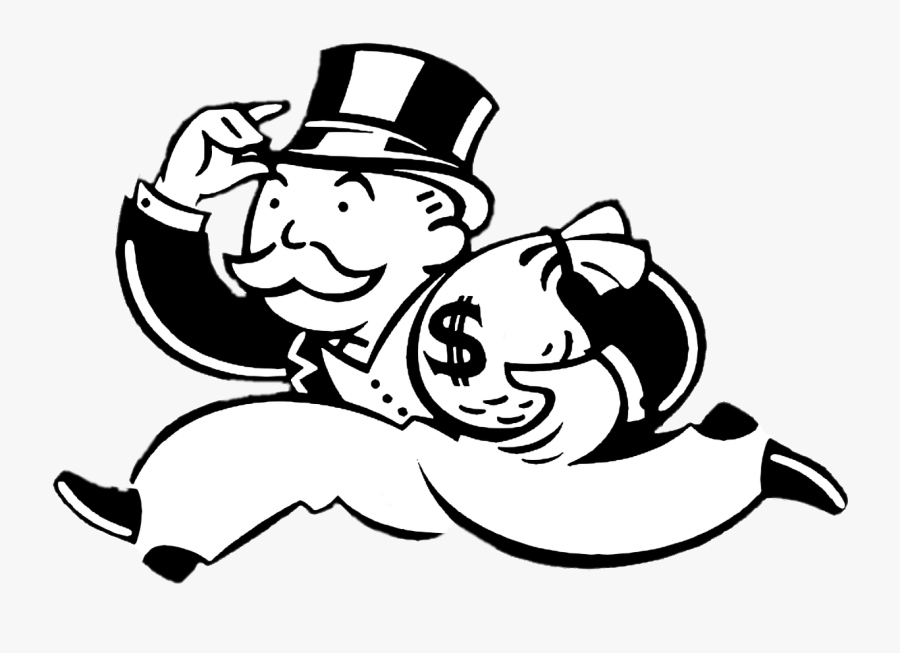PV Labour Bureau
“Conventional” capitalist wisdom (sic) is that labour is to blame for the cause of the rising. “Free-market” economists claim this increased cost of labour is passed along to consumers in the form of increased prices, an argument which policymakers use to justify throwing workers under the bus.
But the real cause of increasing living costs is corporate profiteering. The numbers for July put inflation in Canada at 7.6 percent, at the same time that average wage increases were 5.2 percent and, more importantly, average disposable household income remained flat. People in Canada are feeling the pressure of increased costs, particularly goods like gasoline and groceries whose prices have been skyrocketing. These figures are averages, so they are worse in some areas.
In Alberta, wages have only risen by an average of 0.7 percent – meaning that inflation is rising at more than double the rate of wages. Recognizing that inflation can only be tackled at its root cause, the Alberta Federation of Labour (AFL) published an analysis this summer which highlighted the central role that corporate profiteering plays in rising prices.
The AFL points out that as prices have risen, so too have the profits of big corporations. “In the first quarter of 2022, after-tax corporate profits rose to their highest share of GDP ever recorded, 18.8 per cent. This means that, as most families were debating whether they could afford their groceries, CEOs increased their slice of the economic pie. Other statistics suggest this as well, with wholesale and retail margins increasing sharply after Canadian governments began lifting pandemic regulations in 2021, much faster than inflation.”
Even after accounting for factors like the war in Ukraine and lingering supply chain issues relating to the pandemic, the AFL analysis demonstrated that corporations are raising their prices (and profits) “far more than is required to offset these additional costs.” The labour body notes that this trend is most pronounced in fuel and grocery products, and that corporate monopolies in these and other sectors allow companies to more easily practice price gouging and price fixing. Corporate concentration worsened as a result of COVID-19, as many businesses struggled and were taken over by or merged with large corporations.
Pointing to the experience of the 1970s, the AFL warns that rising interest rates will erode workers’ power:
“An analysis conducted by economist David MacDonald found that, any time the Bank of Canada has tried to decrease the CPI by 5.7 percentage points, the move has always been followed by an economic recession. In fact, there’s data showing employment and labour force participation have already dropped since interest rates increased – there’s been a loss of 74,000 jobs since May and 225,000 workers who’ve left the labour market since March.”
AFL president Gil McGowan says that the experience of the 1970s and 80s shows that unions need to push for a different solution to inflation. “The labour movement and worker power were set back by the previous response to inflation. We can’t afford to repeat these mistakes today.”
Instead of blaming workers and jacking interest rates, the AFL is pressing for action that targets the real cause of inflation. “In terms of government action, this begins with redistributing wealth from big business by implementing an excess profits or ‘windfall’ tax. This policy would see the government collect a levy on the excess profits of companies that are profiteering. Not only would this fiscal policy discourage price gouging, but the funds generated by the tax could be reinvested in working class people.”
The federation proposes that this money be invested in “the public provision of goods and services in key industries experiencing high inflation” such as affordable housing.
The AFL also suggests that governments implement price controls and regulations in kay industries, especially those with high corporate concentration, such as gasoline or fuel for home heating. “Instead of abandoning consumers to monopolistic regimes, these price controls will reign in price gouging in the short-term.” It also proposes legislation making it easier for workers to unionize, specifically through card-check (or single-step) certification.
In addition to government reforms, though, labour must also respond to the current challenges with stronger class struggle positions. The AFL analysis suggests that there are three key things that unions can do now: fight for COLA (cost-of-living allowance) clauses in collective agreements, educate their members and the public about corporate profiteering as the real cause of inflation, and expand unionization by organizing the unorganized.
Fighting for better wages is crucial, but so is moving the labour movement into the political fight. As McGowan says, “We know we can’t rely on politicians and political elites to do this for us – we must use our collective voice and get the job done ourselves.”
Get People’s Voice delivered to your door or inbox!
If you found this article useful, please consider subscribing to People’s Voice.
We are 100% reader-supported, with no corporate or government funding.




